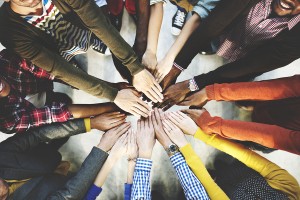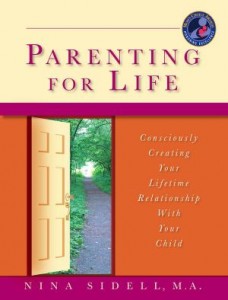
As human beings we are inscribed with natural tendencies to connect with one another, disregarding natural differences that separate us. Despite the vast ways in which people find division and disconnection from one another, there are some glowing attributes that illuminate the human condition.
When we think of the world today and all of its “sham, drudgery and broken dreams” as Max Ehrmann wrote in his 1927 poem Desiderata, we may become disillusioned or feel sad that there is a lack of real or widespread compassion among us. However, as Ehrmann so eloquently went on to explain long ago, “It is still a beautiful world. Be cheerful. Strive to be happy.”
What makes our world beautiful in today’s modern times? What can we grasp onto that illustrates and generates a sense of global goodness and hope for greater compassion as a race and a civilization? These questions have merit and go beyond philosophical or physically tangible constructs that we have built.
We live in an age where technology and advancement, political and social upheaval are leading the way. The typical human being of the 21st century is in perpetual movement as a reflection of our collective world. We are segmented to the shared “rat race,” with the exception of those who don’t buy into it.
With the continual progress we are making, we adapt and struggle to maintain our interconnectedness with one another, without the use of our devices. Often local and world events highlighted on the evening news are troubling for us to digest, yet we must accept the world as it stands today. While many people search to create peace and compassion between us, others ignore that goal and seem to be more interested in generating a lack of cooperation, separation, struggle, and hatred. It cuts down the olive branches between us, giving us all a chance to heal. So then what do we do?
Think about all of the moments in your lifetime when a major event occurred to one person and the trickle effect of it was widely felt, maybe even worldwide. Get in touch with the emotional feeling inside when you know the loss of one affecting the heart of the whole group.
As in a family or friendship circle, when a loved one, celebrity, hero or heroine, martyr, or neighbor gives his or her life or freedom to stand up for him- or herself, or all — we feel sad, proud, and share the good feeling of the story’s “silver lining.”
When people are born, die, hurt or suffer and they show courage, faith, and courageously fight or triumph over adversity, we are all deeply inspired and share in the joy of human strength and courage. It is in that place of appreciating that to be human is to celebrate another by feeling our shared humanity. This theme of “one for all, and all for one” is actualized when we remember to seek and find opportunities for compassion toward our fellow man, woman, and child. We then utilize it as a catalyst to restore our own faith in humanity.


